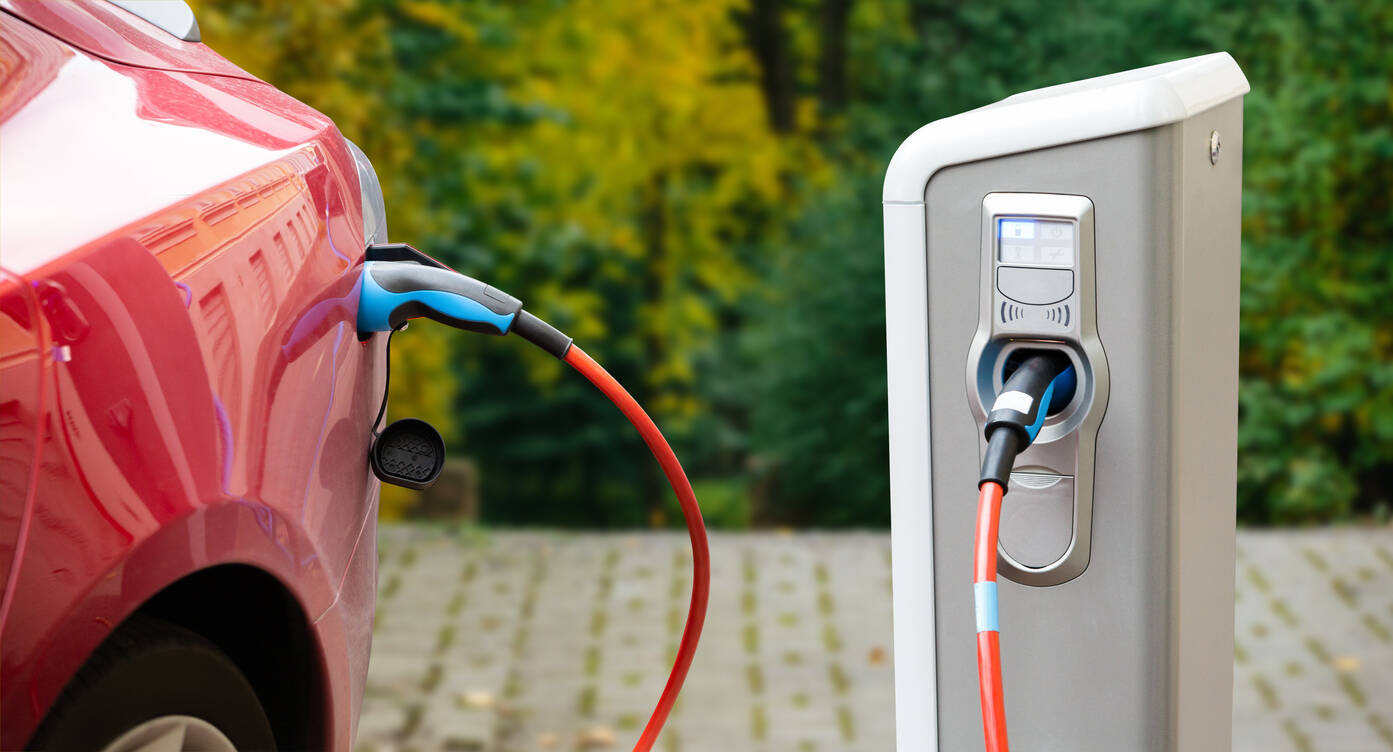
Significant progress has been made in battery technology and infrastructure for electric vehicles (EVs) in the past few years, Rahul Walawalkar, founder and executive director of the India Energy Storage Alliance (IESA), said.
In an interaction with TOI, Walawalkar said more needs to be done in terms of financing and raw materials.
IESA has worked with the Union government and other stakeholders, such as NITI Aayog, for the R18,100 crore product-linked incentive scheme announced by the Centre last week. The scheme aims to create 50GWh of energy storage in advanced chemistry cell (ACC) batteries over the next five years. The policy includes both mobile and stationary batteries — for EVs and electrical grid supply.
“That process started in 2016, when giga factories to manufacture batteries and EVs were just about to be built. This incentive scheme will accelerate the process to create more energy storage, both mobile and stationary. We are a key stakeholder,” Walawalkar said.
He added that electric vehicles were slowly gaining traction in India, and despite the comparatively higher unit costs, overall savings were many times that of vehicles running on fossil fuels, especially for fleet owners. “The transition to electric vehicles can save a lot of money for fleet owners. The only issue with buying electric vehicles in India is adequate financing. More people in India will buy electric vehicles if manufacturers produce aspirational vehicles with good features, like Tesla did in the United States,” he said.
Walawalkar added that several PSUs and private companies have set up a considerable number of charging stations in India, while issues such as power ratings, and fast and slow charging are being looked at by the Bureau of Indian Standards and other organizations. He added that raw materials were also not a concern for Indian manufacturers, but processing may be.
“Even if India does not have much commercial-grade lithium, many countries in Asia and Latin America do, and they are more than willing to supply Indian companies. Processing of raw materials, however, is an issue. India can also utilize its recycling infrastructure and meet its lithium requirements by recycling,” he added.